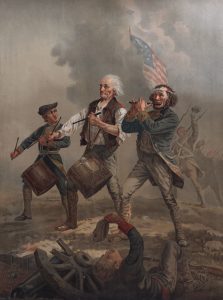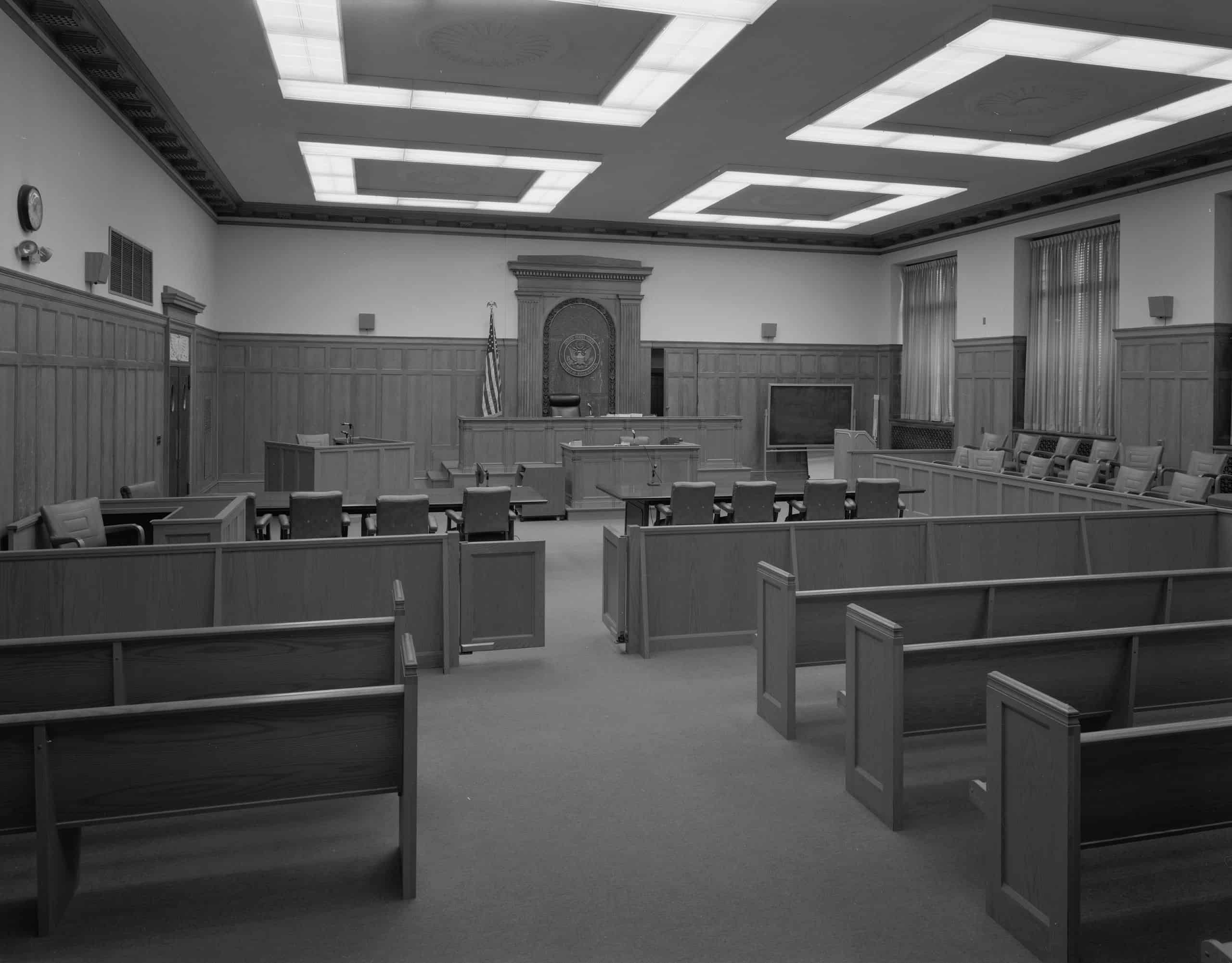People everywhere have consciences that help them know right from wrong innately. Renowned Presbyterian pastors James Montgomery Boice and Donald Grey Barnhouse note three elements in Romans 2:14-16 that testify to the guilt of every individual — even those who have not heard the biblical story of man’s fall into sin in Genesis 3 and God’s solution in sending His Son, Jesus Christ, to die for human sin and, on the basis of His death, to give salvation freely to everyone who relies on that divine substitutionary death to pay sin’s penalty on his or her behalf.
-
-
- The first element that condemns is the law of nature, or “the law written in their hearts.” People of all backgrounds and religious persuasions — even atheists — object whenever they believe they’ve been treated unfairly. They are appealing to a universal standard of right and wrong, and this shows they have an innate sense of what is fair and what isn’t. Also, many people ask, “If God exists, why is there so much evil in the world?” But if God didn’t exist, we wouldn’t even have a concept in our minds of good and evil. The very appeal to a standard of goodness underlying this question is evidence of God’s existence, so it’s also evidence of “the law written on” everyone’s heart.
- The conscience also condemns. One’s conscience is that wordless voice within a person’s heart and mind that, generally speaking, indicates what is right and urges fair and just actions. That said, we must realize that a person’s conscience isn’t always fully reliable. One’s conscience can be damaged, corrupted, and essentially rendered inoperative.
- One’s memory is the third witness to the guilty human condition. Paul wrote of “their thoughts accusing or excusing them.”
-
Donald Barnhouse illustrates these three “witnesses for the prosecution” in the divine courtroom by urging his audience to recall the Revolutionary War painting titled “The Spirit of ’76.” Barnhouse writes,


Your Conduct beats the drum that declares by your resounding good works that you know there is a divine law. Your conscience waves the flag that reminds you that often you have trampled your principles in the dust as you rushed past on your way to complete the desires of your own will. And the fife of your memory shrieks its refrain to remind you that you have sinned. The excuses and accusations of your thought run like shrill arpeggios in the counterpoint of your guilt. And the trio, conduct, conscience and mind, are all in step, in a perfect unison of condemnation because you have followed the road of your own will, refusing the road that forks at the cross of Jesus Christ that will lead you, if you follow it, even into eternal life.
This page is part of a larger article. Copyright © 2021 by B. Nathaniel Sullivan. All rights reserved.
Source: James Montgomery Boice, Romans, An Expositional Commentary: Volume 1, Romans 1 – 4, Justification by Faith, (Grand Rapids: Baker Book House, 1991), 238-239. Dr. Boice quotes Dr. Barnhouse on page 239. His source is: Donald Grey Barnhouse, Epistle to the Romans, part 8 (Philadelphia: the Bible Study Hour, 1950), p. 390.
